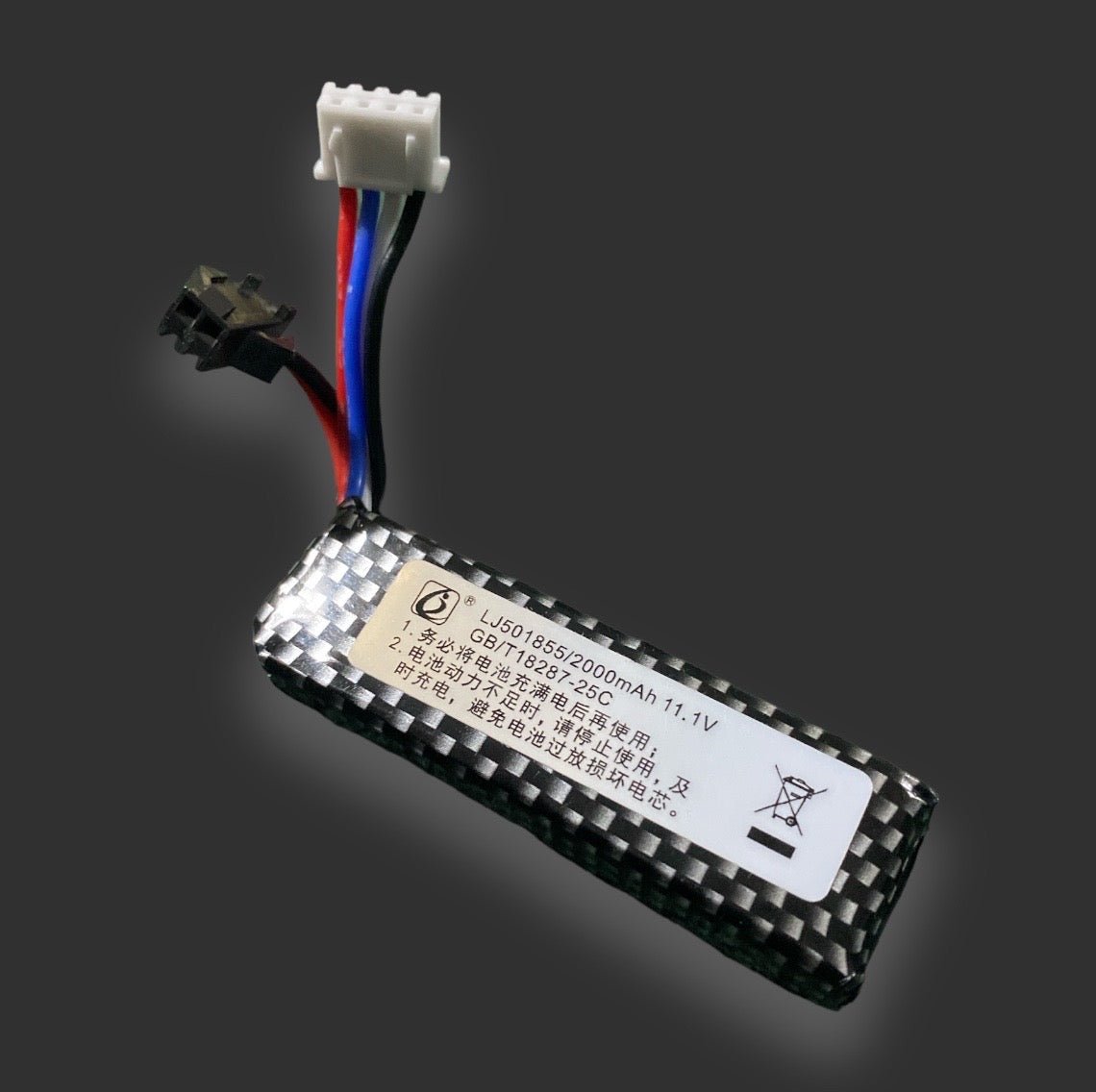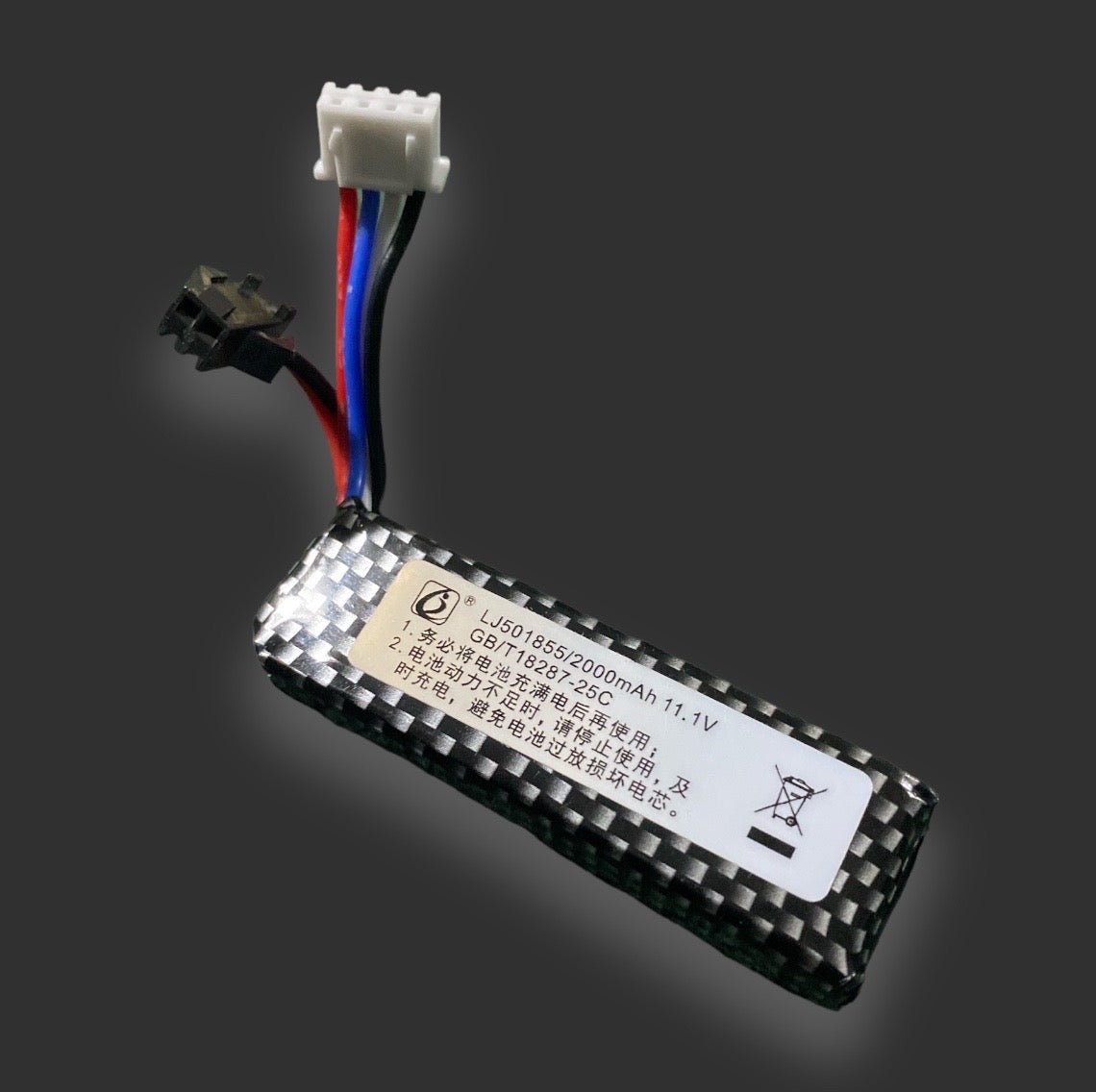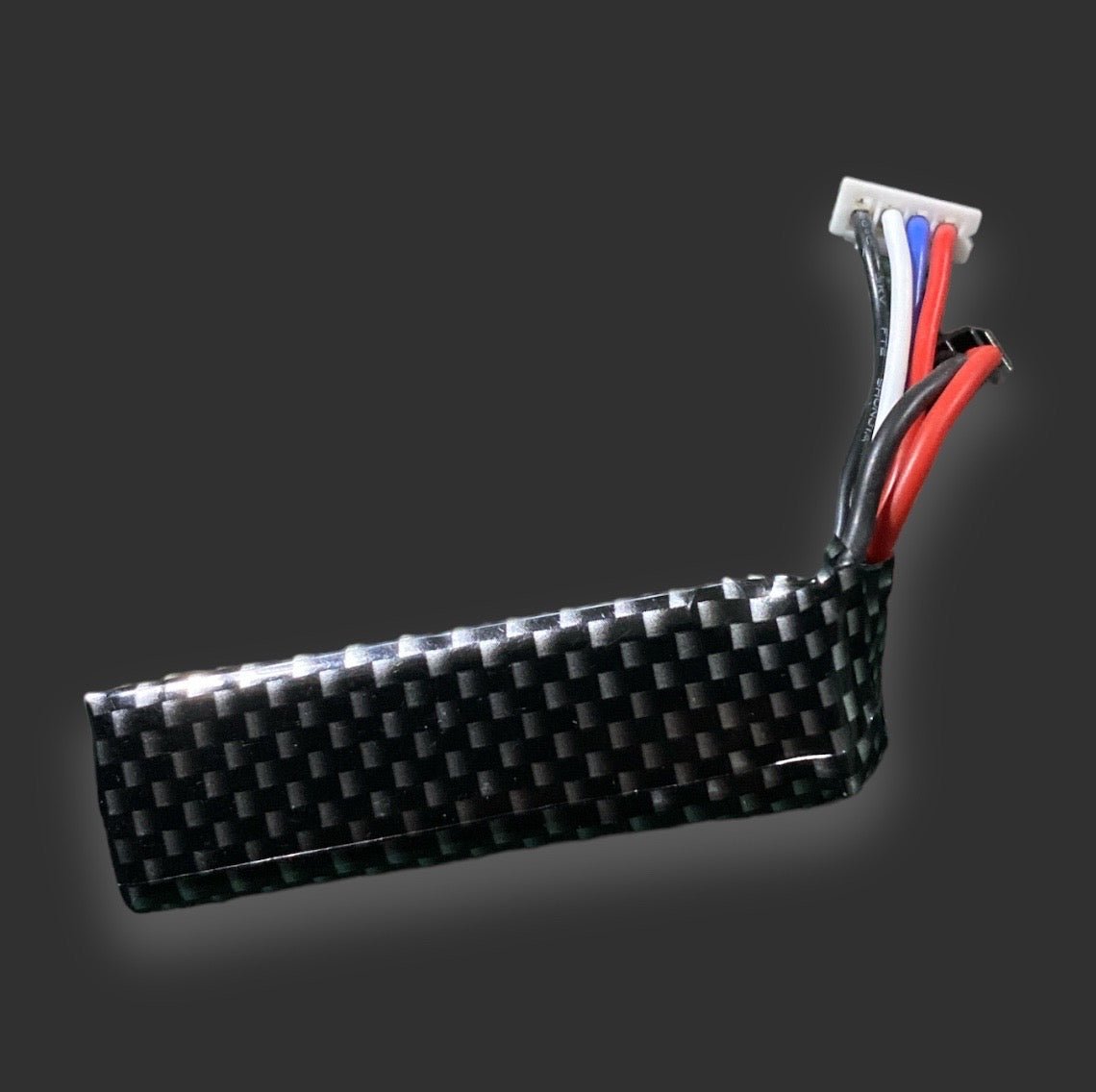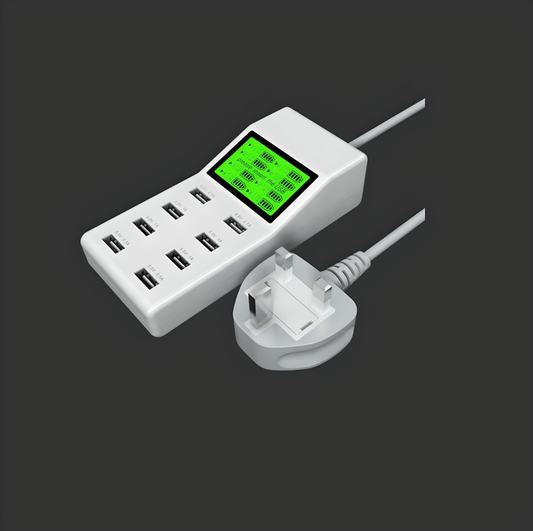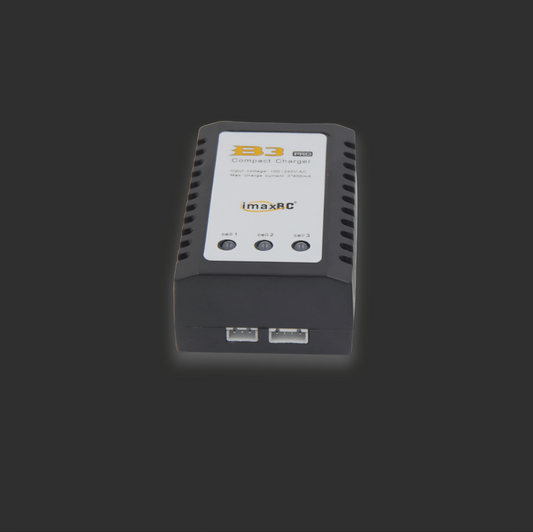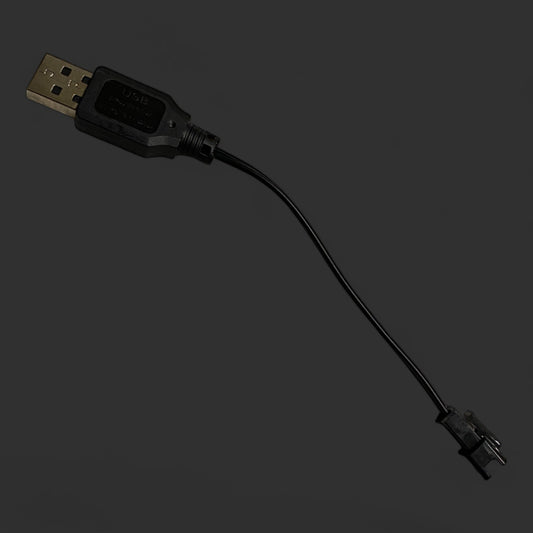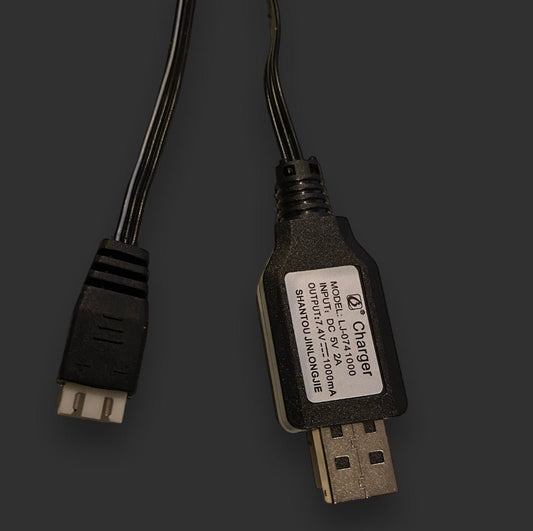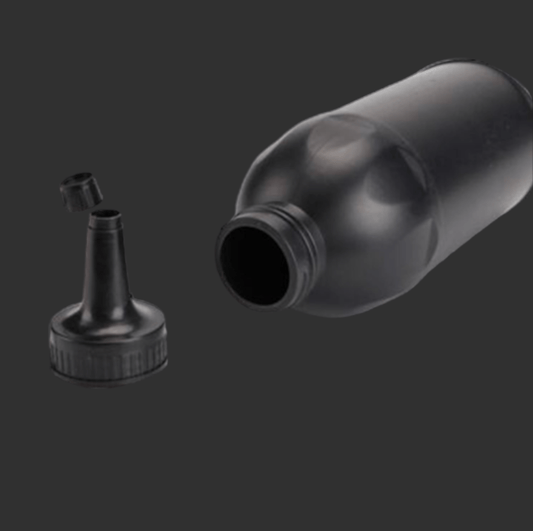Key Benefits:
High-powered 11.1V output for superior performance
Substantial 2000mAh capacity for extended use
Reliable and long-lasting energy for various applications
Equipped with an SM-2 connector for secure connection
CE certification ensuring safety and quality
| Battery Voltage | Capacity (mAh) | Discharge Rate (C) | Maximum Current Output (A) | Ideal For |
|---|---|---|---|---|
| 7.4V | 1000 | 20C | 20A | Standard blasters, entry-level |
| 7.4V | 1500 | 25C | 37.5A | Intermediate blasters, moderate upgrades |
| 7.4V | 2000 | 30C | 60A | Advanced blasters, heavy upgrades |
| 11.1V | 1000 | 20C | 20A | Enhanced speed and response, entry-level |
| 11.1V | 1500 | 25C | 37.5A | High speed, moderate upgrades |
| 11.1V | 2000 | 30C | 60A | Peak performance, competitive use |

